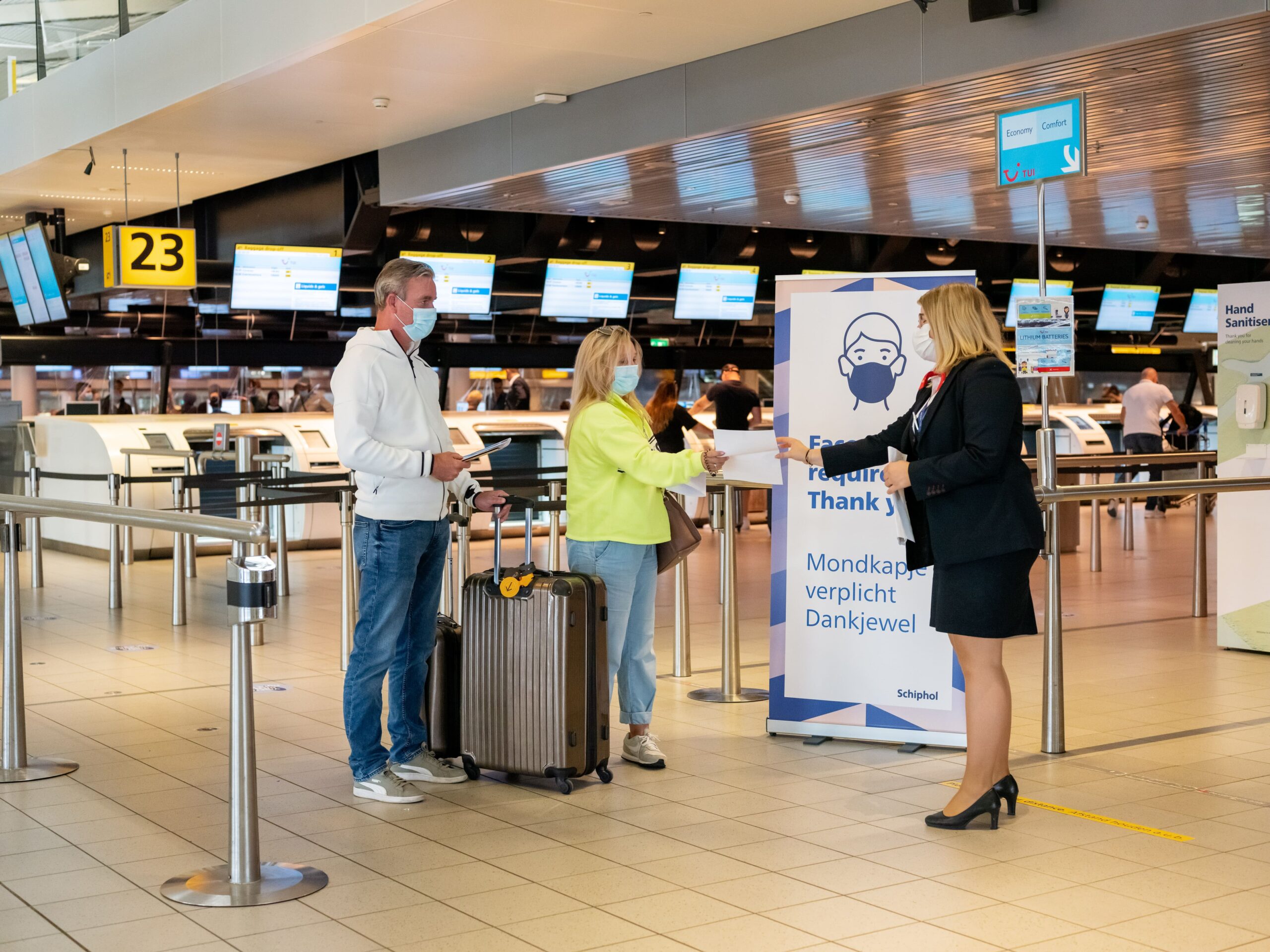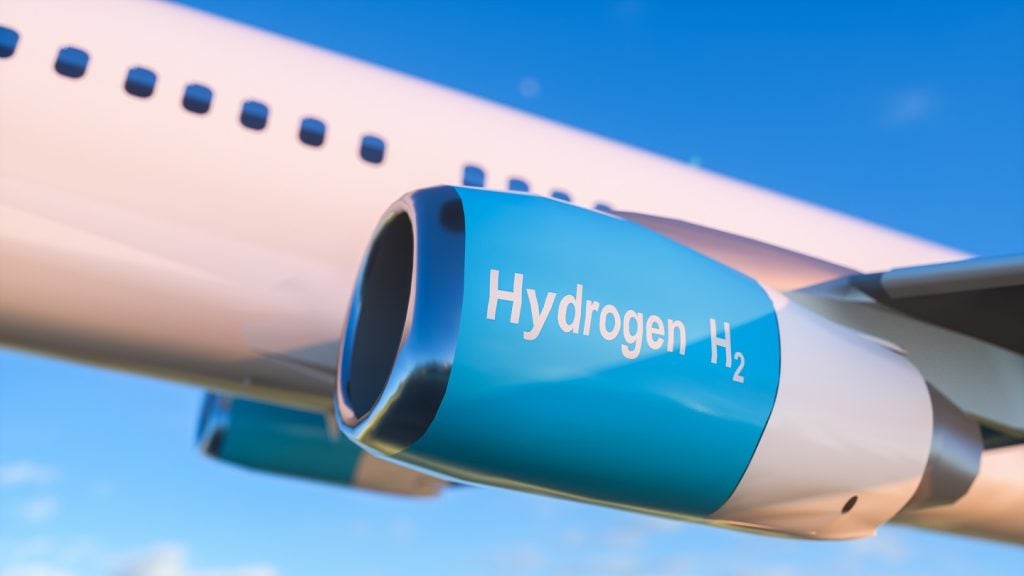
For some US airports, the road to privatisation has been a long one, stretching back to the middle of the 1990s.
Established in 1997, the Airport Investment Partnership Program’s (AIPP) goal was to explore privatisation as a means of opening up access to private capital for airport improvement to address poor customer satisfaction records. The Federal Aviation Authority (FAA) was initially permitted to allow up to five airports to embark on securing private investment, rising to ten in 2012.
There were, of course, heavy restrictions and requirements imposed on any agreement but some federal limitations were eased that year in the hope of attracting investment. Restrictions were, however, eased further in 2018. Since the first airport to operate under the programme – Stewart International Airport in New York state – there have only been two further approvals.
Despite what seems to be a poor performance thus far, there is clearly a growing hunger for this form of operation to become more commonplace, opening up investment channels and ultimately improving the facilities and experiences of those who use them, especially in these difficult times.
Kjell Kloosterziel, director of Schiphol International at Royal Schiphol Group, explains that raising capital is increasingly important as the sector navigates its way to recovery after the pandemic.
Royal Schiphol Group and alternative investment asset managers, Oaktree Capital Management, formed an alliance in 2020 they said would help identify investment opportunities in the US and North American market. Kloosterziel talks of his hopes for the alliance, what it might mean for airports and their modernisation, and the role Royal Schiphol Group will be playing.
How well do you really know your competitors?
Access the most comprehensive Company Profiles on the market, powered by GlobalData. Save hours of research. Gain competitive edge.

Thank you!
Your download email will arrive shortly
Not ready to buy yet? Download a free sample
We are confident about the unique quality of our Company Profiles. However, we want you to make the most beneficial decision for your business, so we offer a free sample that you can download by submitting the below form
By GlobalData
Credit: Royal Schiphol Group
Andrew Tunnicliffe (AT): Can you tell us a little about the alliance?
Kjell Kloosterziel (KK): We believe the partnership between Royal Schiphol Group and Oaktree brings together complementary strengths and experience, and rounds out the necessary competencies needed to effectively seek public–private partnership opportunities in the North American market.
We believe that the strength of our partnership allows us to engage with forward-thinking airport managers and local municipalities and provide an opportunity for airports to expand their access to international airport expertise, as well as create new and broader access to capital and new and innovative partnerships with the private sector.
AT: How will your partnership benefit the airport sector?
KK: The alliance team will collaborate and focus on building potential public-private partnerships, driving infrastructure investment, implementing operational and sustainability best practices and improving the overall level of customer experience at US airports.
AT: What have recent developments in the FAA’s AIPP meant for public-private partnerships?
KK: In recent years, the FAA has added a considerable amount of flexibility to its AIPP. Most notable is the elimination of the cap on the number of airports that can participate, as well as a provision for airport sponsors to hold a stake in a potential public-private partnership consortium.
This is significant as it allows the 3,000 plus airports in the FAA’s National Plan of Integrated Airport System to explore collaborating with the private sector and further permits it to do so without entirely relinquishing control over the direction and management of the airport.
We believe this construct is much less daunting than an outright public-private partnership and much more likely to gain support from airport management, local stakeholders and airport users.
AT: How will this alliance help individual airports in practical terms?
KK: Much like the rest of the world, US airports have suffered significant financial impacts from the global pandemic. Additionally, many local governments and municipalities have also been forced to reduce budgets.
Given these significant challenges, we believe that many airports could benefit from private partnerships where we can bring broader access to investment capital, expand the level of experience and expertise in airport management and commercial operations, and potentially provide new and much-needed revenue streams for local governments and municipalities.
AT: Can you give us an idea of the types of projects you’ll be focusing on and how you can use your experiences to their benefit?
KK: In general terms, both Royal Schiphol Group and Oaktree are strong believers in the partnership approach and, therefore, our focus will be on opportunities where our knowledge and experience can deliver additional value, together with potential US airports.
We plan to remain focused on those opportunities that present a win-win for all parties and provide us with a reasonable amount of influence on the outcomes and quality of service delivery for the airport. We will focus on airports that we believe have a good chance of meeting our partnership objectives.
AT: What role do you see public-private partnerships playing in the North American aviation (airports) sector?
KK: Throughout the world, airport privatisation has been very successful, promoting much-needed investment in infrastructure, creating jobs, improving safety, [enabling] innovation and playing a key role in regional development.
As US airports face increasing pressure on revenues, shortfalls in revenues to the Airport and Airway Trust Fund, uncertainty on the scope and size of federal stimulus funds and a continued urgent need for infrastructure investment, the opportunities for private airport investment may soon be approaching.
Realising that any new US airport public-private partnership will require very forward-thinking and strategic-minded airport decision-makers to forge the path ahead.
AT: What areas of investment and innovation do you believe can be tapped into through your alliance?
KK: The Royal Schiphol Group is known for its innovation. Many innovations in the field of customer experience, efficient operations, sustainability and commercial development have been developed and tested at airports within the Royal Schiphol Group.
All the innovations, including related experience and knowledge, are available to the airports within the group and can be utilised for creating added value for the partnership.
AT: What are the challenges for airports today and how should they be addressed?
KK: Airports around the world are facing multiple challenges. The focus between individual airports might be slightly different but we are all facing similar challenges of which the impact of the pandemic on the business and sustainable development are currently important ones.
We believe that the answer to these challenges lies in working together, utilising each other’s strengths and learning from each other. That is the reason why we believe in the partnership approach and are proud to form this unique partnership between Royal Schiphol Group and Oaktree.







